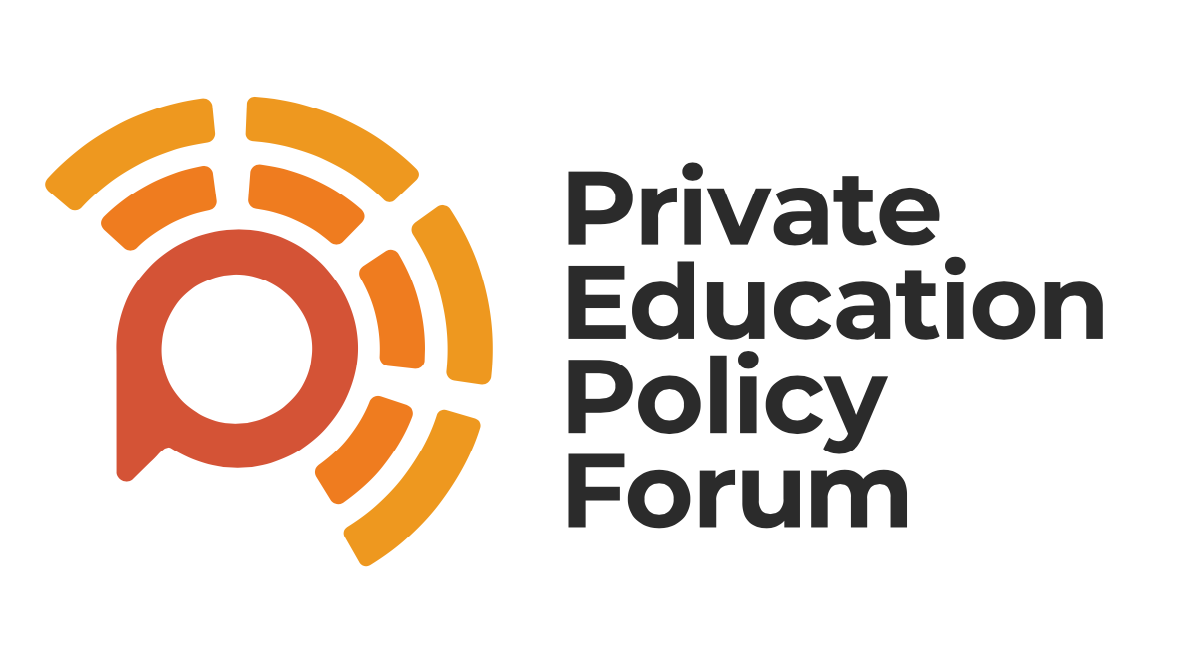
Patrick Toland
The Civic Crown (or corona civica) was the second highest military honour within the Roman Empire.
It was awarded to a citizen who saved the life of another citizen by slaying an enemy on the field of battle (the Grass Crown was the highest honour – but more on that later).
I share this history morsel because it is important sometimes to praise Caesar and not just to bury him within renewed debates about social justice, social mobility and educational fairness.
In the current educational maelstrom that began in March with Covid-19, the private and independent sector has responded often on behalf of the communities it resides within.
We have headline examples of Eton opening its beds to key workers and its new online skills programme (Eton X) as free to all alongside the pre-existent Independent Schools Council Stronger Together state-independent school partnership initiative or the Royal National Children’s Springboard Foundation school Bursary and boarding place scheme.
Many schools, such as Rugby, have long-standing community engagement departments and outreach activities that are genuinely expansive and tangibly sincere.
Schools like Kingsley School Bideford are going a step further and putting issues of ecological sustainability at the centre of their offer as well as a wider notion of community well-being based around a “we all share the small planet” philosophy.
The next Boarding Schools’ Association conference is on the theme of “diversity” and the attendant issue of inclusion.
It is evident then that many private/independent schools are striving to help slay the enemy of social inequality, injustice or unsustainability. Many are trying to do more on these “battlefield” matters, because they realise their position of privilege demands that more be done.
Of course, the cynic (or reform realist) might question their motivation.
Some may say that such actions and interventions are little more than private/independent school heads and governors understanding which way the wind is blowing around charity tax breaks (going in Scotland and nearly skirting the Conservative manifesto).
They may say that in a post-“Corbyn didn’t win but there’s a #BanishEton” atmosphere, canny and survivalist private school leaders are doing nothing but jumping in front of the mob and urging them to follow.
For the utter sceptic, such altruism appears to be little more than crumbs from the table, alongside trickle-down economics with a “noblesse oblige” feel. A method of keeping the barbarians from the gate by lobbing a few loaves over the wall.
Self-preservation masquerading as localism, mutualism and the co-operative. Power imbalances and social capital accruals left largely intact. A desire to open a dialogue so you can be the one directing it?
The reform optimist (of which I am one) might prefer to say this is instead, perhaps, the beginning of signs/seeds of a new settlement or form of detente between proponents of private education and those who seek to eradicate it, reform it or re-assimilate it into society in a way that brings mutual benefit for all or, at less, some kind of “quid pro quo”.
Leading head teachers and thought-leaders like Julian Thomas at Wellington have, commendably, tried to reach into this “heal thyself” discussion of the private school sector and how it needs to have a systemic rethink, rewiring and re-neighbouring about why it does what it does.
Maybe this is also the start of each side of the reform debate lessening its inclination to other the other?
I am also encouraged because some forward thinking independent schools are inching or even leaping towards (whether by design or accident) a kind of “civic” territory that has already been charted by the university sector.
In fact, the notion of civic agreement is firmly established as a bridging model for educational institutions which recognise that, perhaps for too long, they have removed themselves from their communities, opened themselves to charges of elitism and not understood that such self-distancing serves neither them nor the civic places the whole community occupies and has claim over.
In February 2019, forty universities committed to establishing civic agreements with their wider communities following the launch of Truly Civic: Strengthening the connection between universities and their places to develop civic university agreements.
Such Civic University Agreements (CUAs) are intent on universities re-focussing their approaches around the wider notion of “public good” and a number of key principles such as Place, Public, Partnerships, Measurement and Impact.
The underpinning impulse is to create a new commons about how those with replete resources can aid and learn from those without.
Already the model is seeing fruition (for example, my own role with 12 other community fellows in Ulster University attached to council areas with a remit to help the university improve access and participation for marginalised or disadvantaged groups).
Further evidence of exemplar progress can be found at the newly Civic University Network .
Above all, the Civic University movement sets a Kennedyesque “ask not what your country can do…” challenge when it asks – what are you doing for your country?
If there was to be a civic movement in the independent and private school sector, such schools should ask as reflectively and humanely as possible – what is my school doing to prioritise the economy, people and quality of life in our city and region?
Some interesting answers (and mutually impactful) projects, partnerships and activities could emerge.
If school heads were stuck for impetus, the Edge Tool (employed by the National Coordinating Centre for Public Engagement) would be a strong place to start.
The Green Crown (or corona graminea and the highest military honour) in Roman times was awarded to the general who saved a legion or an army. The garland was made up of the grass, wheat and flowers of the battlefield secured.
If the private/independent legion of schools is to save itself from the movement of history (however effective it has been in its self-advocacy, survivalist and shape-shifting approach so far) – it will need more civic minded, innovative leaders to stretch their thinking towards a fully civic mind-set.
It may also need the government itself to pressure and incentivise such an approach. Andrew Lewer, the Conservative MP and chair of the All-Party Parliamentary Group on Independent Education, has shown himself to be someone who is open to all voices and all forms of input when it comes to how independent education may evolve or thrive in the future.
It may even need those who criticise the private/independent sector to be canny themselves in their own choice of weaponry and tactics.
Maybe the model of civic good is the best model for those who seek to reform the private school sector too?
Patrick Toland is a former free school meals state school student and young carer who gained post-grad qualifications from Cambridge and Oxford and spent a career of 20 years as a house tutor, housemaster and head of boarding/co-curricular in the independent boarding school sector. He was the first Boarding Schools’ Association Research Fellow. He is currently a community fellow at Ulster University.



